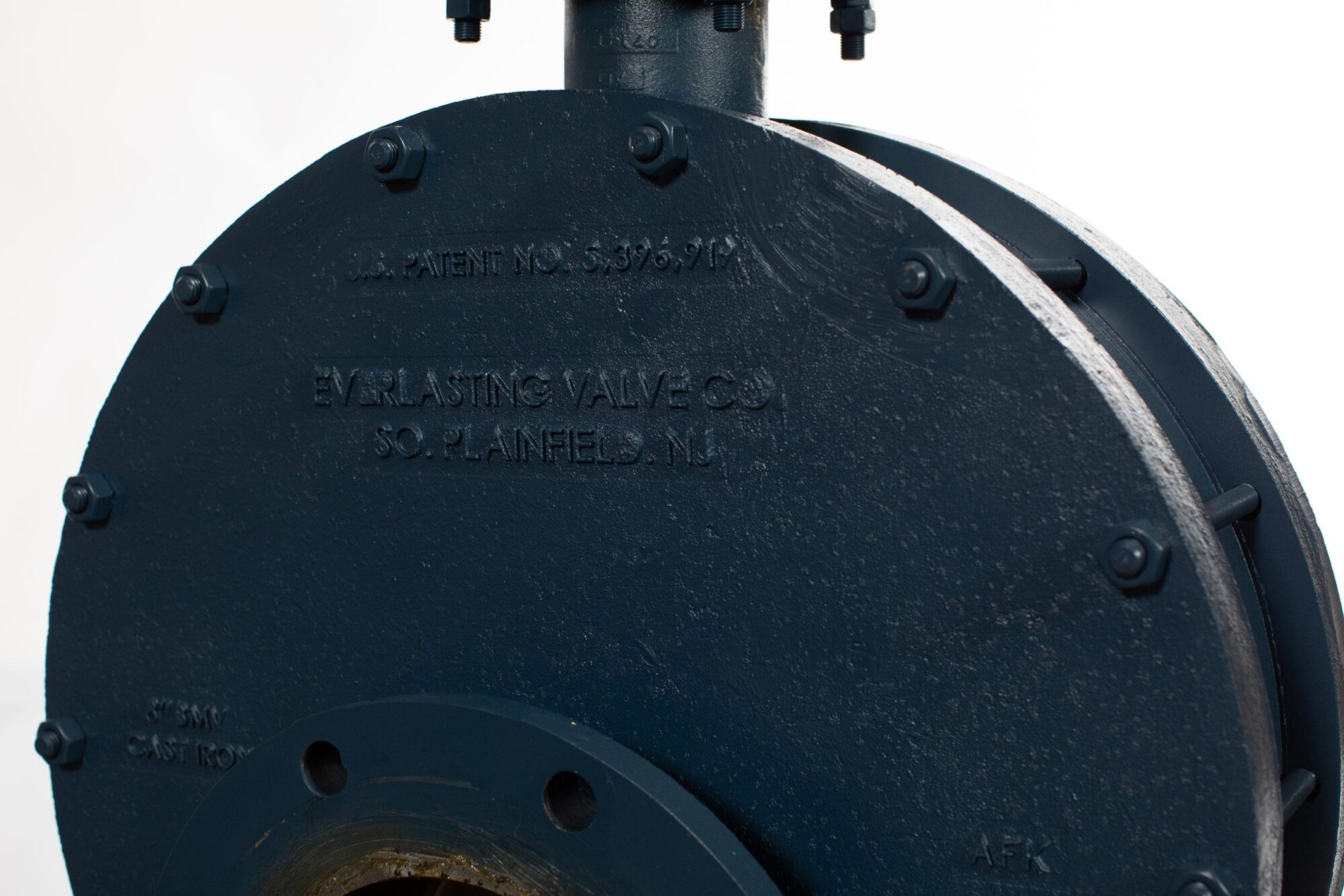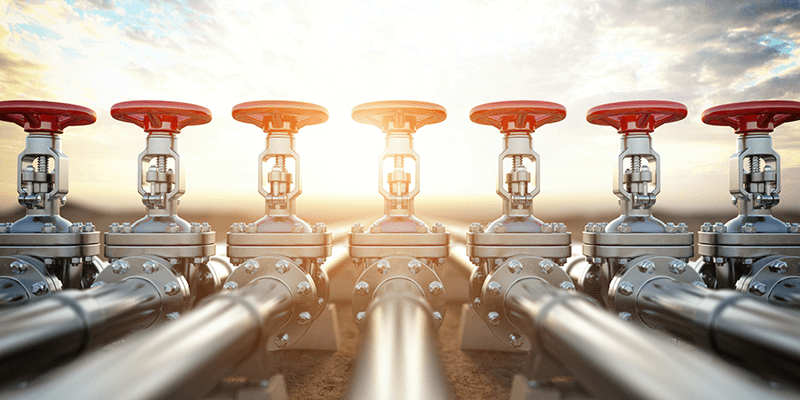Why You Should Use Everlasting Valves For Your Catalytic Reforming Process
04-12-21

The catalytic reforming process is one that is essential to the refining of petroleum. To get the most out of this process, you require the right equipment. More specifically, you require the right valves. This article goes over the basics of catalytic reforming. It also explores the benefits of using everlasting valves during the process.
Let’s start by addressing the basics.
Understanding the Catalytic Reforming Process
Catalytic reforming involves the use of catalytic reactions to convert petroleum refinery naphthas into reformates. The former is generally derived from crude oil. This typically has low octane ratings.
Let’s break down the catalytic reforming process into four key stages. These are dehydrogenation, dehydrocyclization, isomerization, and hydrocracking.
During the process, paraffins are converted into isoparaffins and cyclic naphthenes. The naphthenes are then dehydrogenated into high-octane aromatic hydrocarbons. The process of dehydrogenation is endothermic, requiring continuous heating.
It also produces large amounts of hydrogen. This is used in various other refinery processes, particularly hydrotreating and hydrocracking.
Types of Reactors
The catalytic reforming process generally occurs in a unit with three types of reactors. Occasionally a unit may have an additional reactor to act as a spare, or swing reactor. Each of these reactors, whether spherical, downflow, or radial functions independently. Thus, when one reactor is undergoing regeneration, the others can continue to operate on their own.
Commercial Applications
There are various commercial applications of the catalytic reforming process. For example, gasoline or motor fuel requires antiknock to inhibit preignition. To increase the quality of antiknock, naphthenes are dehydrogenated in order to create aromatics. Additionally, the hydrogen produced during this process can further be recycled to reduce the formation of coke.
Furthermore, reformate acts as feedstock in the production of BTX, or benzene, toluene, and xylene. This is because the reformate produced contains significant amounts of aromatic components. However, note that high amounts of benzene have been known to be carcinogenic. The production and use of benzene are therefore subject to strict governmental regulations.
The Consequences of Using Poorly Designed Valves In The Catalytic Reforming Process
In the catalytic reforming process, there are many challenging environments and processes. Valves and other equipment have to stand up to high operating temperatures, abrasive mediums and solids, and frequent cycling. Continuous catalyst regeneration units are put through extensive runtimes. Catalyst addition and removal, chloride injection, and lock hopper blocking and venting all present situations where durable, dependable equipment is vital.
If a valve fails to perform or breaks during the catalytic reforming process, it can compromise operations and even result in operational failure. With all of the challenging conditions within refineries, not every valve can withstand this severe service.
Leaking valves are both a health & safety and environmental concern. A faulty valve can lead to fire, and exposure to potentially toxic and volatile gases. Fugitive emissions are bad for the environment and may result in fines or other penalties. Valves that do not perform as expected reduce catalytic reforming process efficiency.
However, if valves are of exceptional quality, they can maximize uptime and productivity. They can provide an excellent lifetime cost of ownership. These critical valves improve efficiency, and help improve accuracy and quality within the process.
Choosing Everlasting Valves
Not every valve can handle the catalytic reforming process, but we guarantee our valves can! Everlasting Valve products have long been used in petroleum refining, which we know is one of the hottest, toughest industrial environments. Our valves replace metal seated ball valves, gate valves and butterfly valves which are known to leak, jam, and break in the catalytic reforming process.
Unlike those inferior valves which often last a matter of months or even weeks in refinery operations, our valves stay hard at work for decades. As the world’s original self-lapping, rotating disc valve, designed for severe service, our valve has been around since 1906. There is a reason we have lasted so long, and it’s our unique valves and their superior quality. We were founded on the premise that industrial valves should be tougher than their applications, and we hold to that today.
The open body design of our valves ensures any materials, even abrasives and solids, can flow through without jamming up the valve. The rotating disc cycles through the body, further displacing any media so that it is all cleanly discharged. The sealing surface of the disc is constantly in contact with the seat, using springs to compensate for thermal expansion and contraction. The rotating action renews and polishes the seating surfaces.
All of this means that as the valve is used, it actually improves. The more the valve cycles, the more the disc rotates, and the more the seal tightens. Our valves wear in, instead of wearing out, even in challenging conditions.
Because our valves are so strong and durable, clients experience a dramatic reduction in maintenance requirements. That frees up time and money, positively impacting the bottom line. There’s no need to shut things down to fix or replace valves, and no emergencies owing to bad valves. If you invest in our products for your catalytic reforming process, you will be joining the ranks of companies like United Oil Processing. This firm mandated that only our valves be utilized in its refinery-production processes.
Find The Right Valves For Your Needs
In the world of petrochemical valves, you get what you pay for. If you choose inexpensive, poor quality valves, that will be reflected in their durability. You may ultimately end up paying more for repairs, lost time, and inefficiencies because you spent less on valves. Our valves are more of an investment than competitors’ valves, but they truly are an investment that lasts.
The way our valves are constructed ensures that they withstand every kind of severe service environment, for a very long time. You may pay more for our valves upfront, but once you have made that investment, you can forget about having to buy more valves. You can also forget about paying for frequent maintenance and repair.
You will find that with our valves in operation, your plant operations improve. With less downtime, fewer maintenance costs, and better production, these valves practically pay for themselves. The lifetime value of an Everlasting Valve product goes beyond what any competitor can offer.
When you invest in our valves you are also buying American, and joining what we consider a partnership. We want our clients to succeed, and work closely with every company to ensure our valves are providing what they need. To learn more, contact us today.
